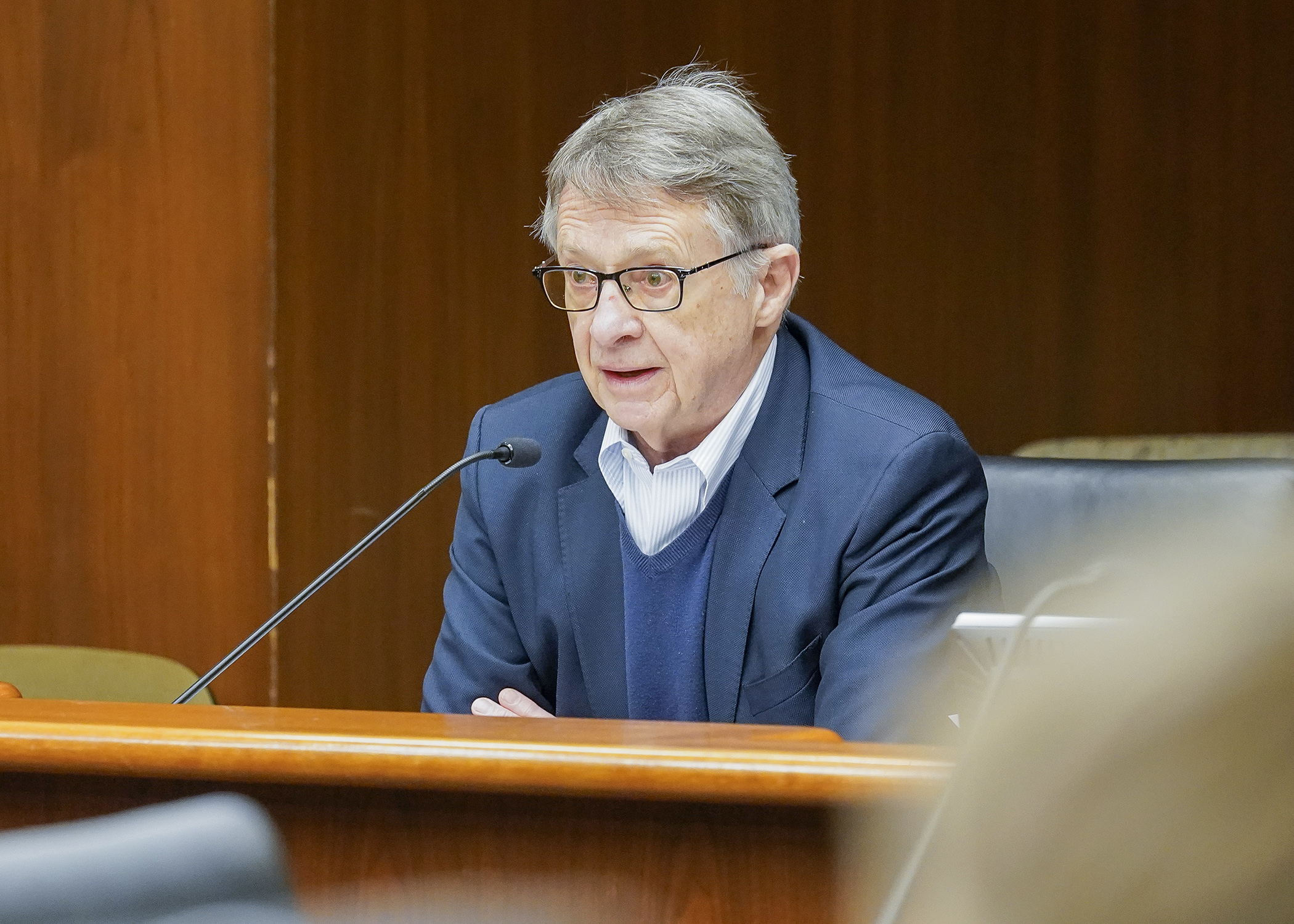Political spending by ‘foreign-influenced’ corporations in MN elections could be curtailed under bill

The consensus among testifiers and members at a Wednesday hearing is too much money exists in elections that cannot easily be tracked — if at all.
Rep. Zack Stephenson (DFL-Coon Rapids) admits he does not have the perfect solution. But he says his offer is better than nothing.
And it’s going to the House Floor.
Approved on a split-voice vote by the House Elections Finance and Policy Committee, HF117, as amended, would restrict certain types of political activity by foreign-influenced corporations.
Examples include promoting or defeating a candidate or ballot question; getting a question placed on a ballot; and contributing to a candidate’s principal campaign committee, political committee, political fund or party unit.
“(Minnesotans) rightly think that huge corporations and the fabulously wealthy have oversized influence in our elections. Unfortunately, the Supreme Court has taken away most of the tools in the toolbox the Legislature had to regulate campaign spending,” Stephenson said.
He continued: “But there is one restriction that’s still permissible under federal constitutional law. We can still restrict contributions and spending by foreign nationals. Minnesota law already does this for individuals, but doesn’t address foreign corporations.”
It’s the third straight biennium such a bill has been introduced.
A board member with Clean Elections Minnesota, Ken Peterson said the bill would close a potentially dangerous loophole. “We should ensure that foreign corporate ownership doesn’t take away Americans freedom to run their own government, elect their own leaders and to make their own decisions.”
If a corporation makes a lawful contribution or expenditure, it would need to submit to the Campaign Finance and Public Disclosure Board a certification stating the corporation was not foreign-influenced at the time of the contribution or expense.
Rep. Emma Greenman (DFL-Mpls) hopes this bill is just the start when it comes to election funding disclosure and transparency.
“Voters want to know who is spending money in their elections. Voters don’t want to be influenced and have a large influx of dark money coming from outside the country,” she said.
Related Articles
Search Session Daily
Advanced Search OptionsPriority Dailies
Speaker Emerita Melissa Hortman, husband killed in attack
By HPIS Staff House Speaker Emerita Melissa Hortman (DFL-Brooklyn Park) and her husband, Mark, were fatally shot in their home early Saturday morning.
Gov. Tim Walz announced the news dur...
House Speaker Emerita Melissa Hortman (DFL-Brooklyn Park) and her husband, Mark, were fatally shot in their home early Saturday morning.
Gov. Tim Walz announced the news dur...
Lawmakers deliver budget bills to governor's desk in one-day special session
By Mike Cook About that talk of needing all 21 hours left in a legislative day to complete a special session?
House members were more than up to the challenge Monday. Beginning at 10 a.m...
About that talk of needing all 21 hours left in a legislative day to complete a special session?
House members were more than up to the challenge Monday. Beginning at 10 a.m...